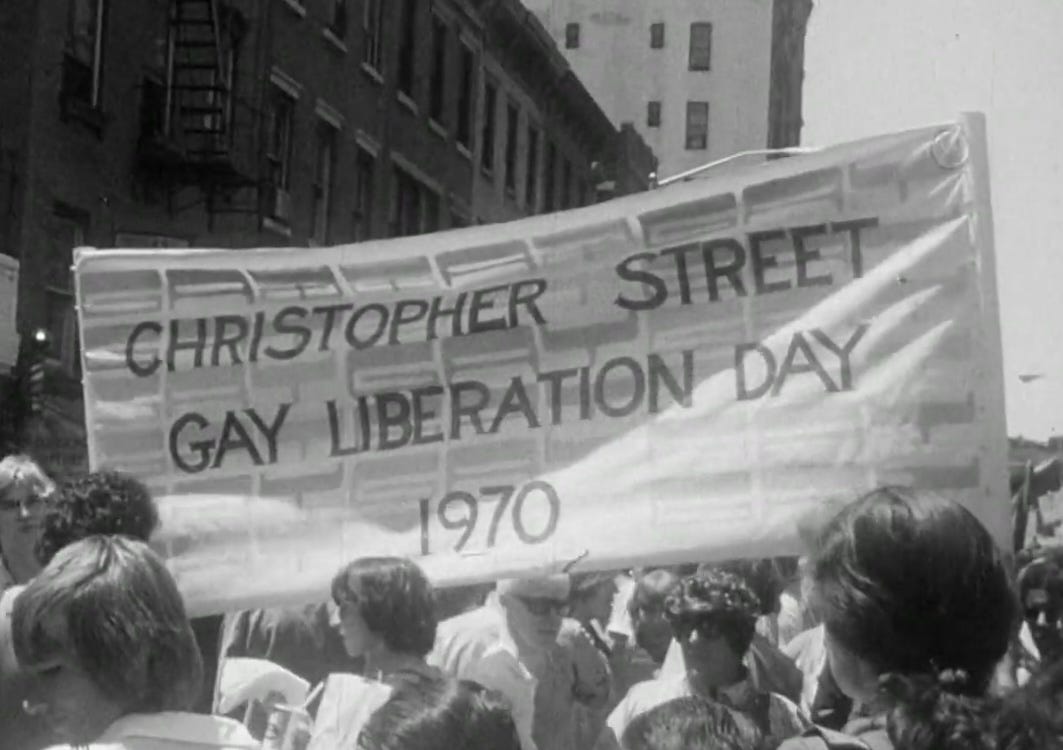On the Value of Resistance
When our institutions fail us, we must invent.

Whenever “Pride Month” ends, I find myself reflecting more on the social movement that once was—and what can be done today. Maybe it adds to this meditation that just a few days after the end of June we observe the Fourth of July. I have been thinking about independence, too, for lesbians and gay men who find ourselves exploited in service of causes that ultimately do us damage.
Historically, one well-known example has been pedophilia, where adults, largely men, have equated their desires for children with homosexuality. I do intend on revisiting this past controversy for whatever it may teach us today—although not at this time. Another far more recent piggybacking of sorts, however, has been contemporary transgender rights activists equating the medicalization of gender with homosexuality.



